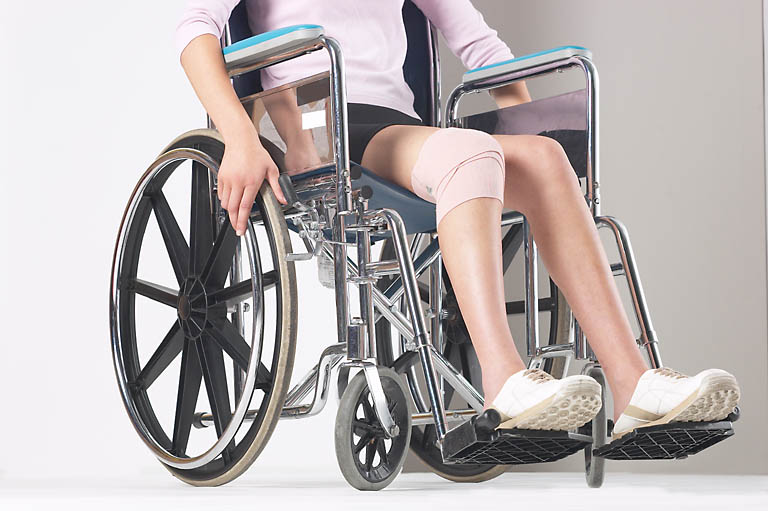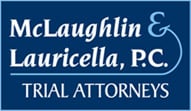
CP is a disorder that affects muscle tone, movement, and motor skills as a result of brain damage that occurred before, during, or after childbirth. There are 3 types of CP, although a combination of the 3 types is not unusual. The different types of CP include:
- Spastic CP – causes stiffness and movement issues;
- Athetoid CP – causes involuntary or uncontrolled movements; and/or
- Ataxic CP – causes an unreliable sense of balance and depth perception.
Causes of Cerebral Palsy (CP)
The exact causes of CP are unknown. However, infections, intrauterine growth restriction, genetic disorders, asphyxia, multiple births, premature births, placental complications, blood disorders, and traumatic brain damage are known to increase the risk of CP. Infections like rubella, toxoplasmosis, herpes, and chorioamnionitis have been known to increase the risk of CP, particularly when they occur in the later stages of pregnancy. Further, reproductive and urinary tract infections increase the risk of a premature birth, which increases the risk of CP. Chorioamnionitis, an infection of the placental membrane, accounts for 12% of spastic CP among full-term births and for 28% of spastic CP for premature births.
According to the United Cerebral Palsy Research and Educational fund, at least 70% of brain damage that causes CP occurs before birth. Further, it is estimated that 20% occurs during the birthing period and 10% occurs during the first 2 years of childhood while the brain is still developing.
A CP Lawyer Can Help A Family & Child With CP Resulting From a Doctor’s Negligence
The medical professionals involved in the mother’s prenatal care, as well as those providing treatment during labor, have the obligation to provide medical treatment that conforms to the standards of the accepted medical practices in that field. Medical professionals, and their employers, can be held responsible for failing to provide treatment that conforms to the standard of care if their failure caused injuries.
The medical costs alone in caring for a child with CP can be overwhelming. According to the Center for Disease Control, medical costs for children with CP were 10 times higher than those without it. Medical costs were 26 times higher for children with CP and an intellectual disability than those with neither. A CP lawyer can help families who have a child living with CP, resulting from a doctor’s negligence, and to obtain the resources they need to provide quality care for the child.
While there is no cure for CP, there are treatment options that can improve the child’s quality of life. These options include: medication, therapy, surgery, and specialized equipment. Medication and braces can help improve the child’s muscle function. Movement, learning, speech, hearing, and social and development therapy can help a child with CP live a fuller life. Further, orthopedic surgery can repair a child’s dislocated hips or scoliosis; which are commonly associated with CP.
A Medical Malpractice Attorney Can Hold At-Fault Parties Responsible
As mentioned above, the exact causes of cerebral palsy are unknown, but the events that drastically increase the risk are known. If a doctor, nurse, or other medical professional fails to recognize a sign or symptom of CP, and fails to treat the patient accordingly, a medical malpractice attorney can help hold the at-fault parties responsible. Further, hospitals can also be held vicariously responsible for the negligence of their employees and may be subjected to corporate liability for their failure to ensure the safety and quality care of their patients.
In Pennsylvania, the statute of limitations is 2 years for medical malpractice claims. However, for minors, the statute is tolled until their 18th birthday and lawsuits do not need to be filed until their 20th birthday. In New Jersey, the statute of limitations for minors is tolled until a child’s 18th birthday, like it is in Pennsylvania. However, in birth injuries cases, New Jersey requires that a lawsuit be filed by the child’s 13th birthday. It is important to keep these time limitations in mind when considering filing a lawsuit on behalf of your minor child. However, in order to ensure that the medical malpractice attorney has sufficient time to consult with experts and investigate the matter, it is best practice to contact a lawyer early on so that investigative efforts can get underway while the evidence is still fresh.



